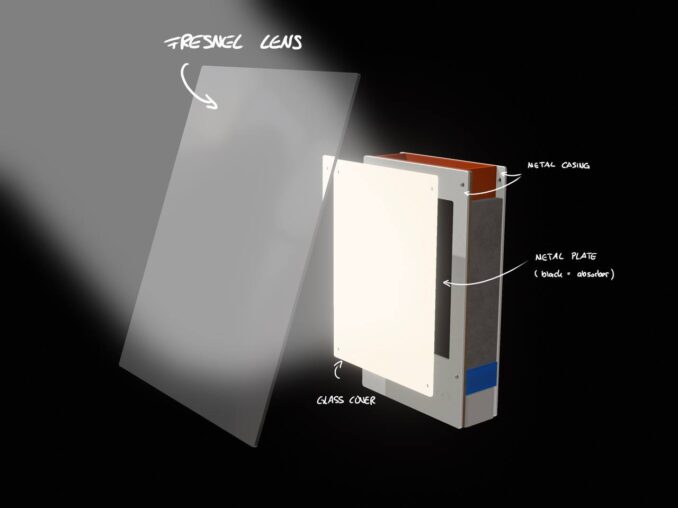The Global Innovation Gathering (GIG) convened a community call to examine the outcomes of the LibreWater prototype replication in Basra, Iraq, supported by the Roddenberry Fund. The session aimed to analyse the technological and collaborative dimensions of transferring an open-source solar-powered desalination device from design and laboratory testing to field conditions in Iraq, within the framework of a distributed development model.
The LibreWater project originated from discussions between engineers and designers from Greece seeking to address the challenge of water desalination in a manner accessible to local fabrication. The device employs solar thermal energy and modular open hardware principles to enable individuals and communities to produce potable water in regions facing water scarcity. Initial prototypes utilised 3D printing to produce critical components, testing the system within laboratory environments under controlled conditions.
Collaboration with Science Camp in Basra emerged as an opportunity to test the prototype in an environment characterised by high solar exposure and severe water scarcity. The partnership sought to determine whether the LibreWater design could be adapted for the material availability and technical infrastructure of local maker communities. The team prioritised reducing dependency on complex manufacturing processes while ensuring the durability and replicability of the system.
A significant modification in the Iraq implementation involved the replacement of 3D-printed parts with laser-cut components to address issues of water leakage and production precision. The choice of laser cutting rose due to the need to simplify assembly processes while maintaining alignment with the open hardware ethos. This modification enabled the team to adapt the design to the available tools within the Science Camp makerspace while preserving the system’s core functionality. The technical structure of the system includes modular layers that allow water to evaporate and recondense using solar energy, isolating salts and impurities. Components include an aluminium heating plate, fabric wicking structures, a solar lens, and an acrylic casing, designed to enable monitoring and easy maintenance. These adaptations sought to preserve the principle of local replicability without dependence on high-cost or inaccessible materials.
The collaboration process underscored the complexities of distributed design under diverse geographic and infrastructural contexts. Team members reflected on the balance required between offering design guidance and maintaining openness to local adaptations. Challenges included communication across time zones, ensuring knowledge transfer for assembly and troubleshooting, and documenting the evolving design in a manner accessible for replication.
Financially, the project reported a total expenditure of approximately $15,000, encompassing research, development, and collaboration activities. The cost of producing the prototype device itself was estimated at roughly $5,000 during the development phase, with a target to reduce replication costs to under $100 using locally sourced materials and maker space tools. This economic objective remains integral to the model of open hardware diffusion pursued within the LibreWater initiative.

Future steps identified by the team include the scaling of water output to meet broader community needs, the design of workshops to engage communities in hands-on water desalination education, and the potential packaging of the device as a kit for educational and practical use. These steps align with the broader goals of creating community-based resilience to water scarcity using locally manageable technologies.
The GIG community call highlighted the strategic value of open-source hardware projects in addressing fundamental needs through cross-regional collaboration. The LibreWater project’s transition from lab-based experimentation to field implementation in Basra exemplifies how distributed knowledge networks can engage in practical problem-solving, integrating local contexts with collaborative technical development. The replication of the LibreWater prototype in Iraq provides a case for the role of open-source technology ecosystems in addressing systemic issues such as water scarcity. It also demonstrates the operational requirements for scaling such projects, including documentation standards, community mobilisation, and iterative prototyping, which are essential to transform conceptual designs into locally operable solutions.


